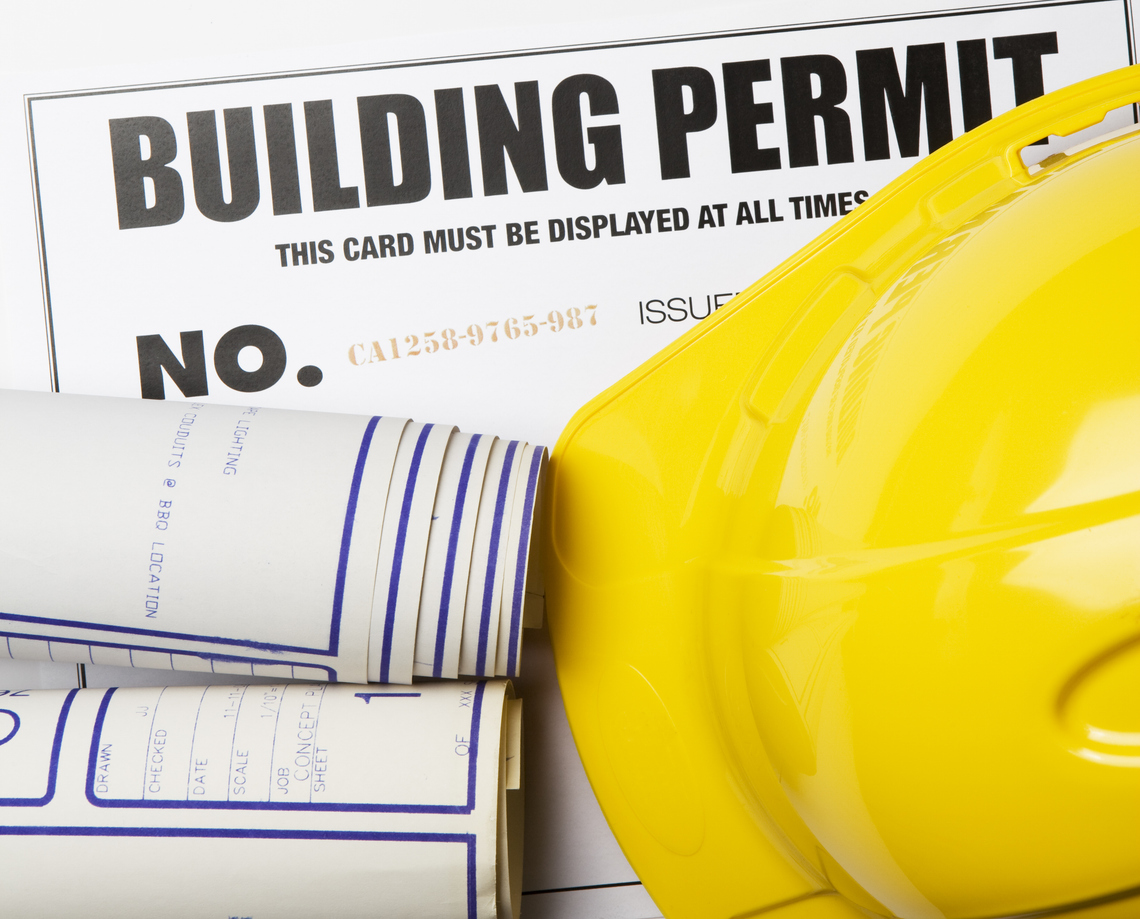Since their inception, insurance companies have had one objective – to minimize payouts and mitigate risk. Insurance companies make business decisions predicated upon their bottom line and their ratings. Consumers often find themselves under the misapprehension that just because they have insurance, they will be covered for any loss. Fair and reasonable settlement offers that are expected are often unreasonable and pale in comparison to the true loss a policyholder suffers. A public adjuster can level the playing field by advocating for your interests. These professionals understand the complexities of insurance policies and can help policyholders in a number of ways.
In this post, we cover what you need to know about public adjusters, when to consider hiring one, and how to find the right one for your situation.
What Is a Public Adjuster?
A public adjuster is a licensed professional who can be hired to represent you, the policyholder, in the process of filing a claim with your insurance company. They work on your behalf and not for the insurance company. A public adjuster works to evaluate and negotiate a property insurance claim.

What Does a Public Adjuster Do?
A public adjuster’s role includes, but may not be limited to:
- Helping a policyholder understand their insurance policy, coverage limits, and explaining the claims process
- Evaluating damage at the property
- Estimating costs and time to repair or replace property, including the preparation of assessments and valuation reports.
- Acting as a liaison between the policyholder, the insurer, and other third parties that may be involved with the claim
- Negotiating with the insurance company to obtain a favorable payment for the policyholder
What Is the Difference Between a Public Adjuster and an Insurance Adjuster?
While a public adjuster works for policyholders, insurance adjusters are assigned to a claim by the insurance company and thus work for the insurance company. The insurance company’s adjuster is involved with approving or denying your claim.
Additionally, it is important to note that sometimes these insurance adjusters are called “independent adjusters,” however, these adjusters are typically hired by the insurance company to evaluate the claims, and they are paid by the insurer. Often, an independent adjuster works as a third-party contractor hired to perform the on-site inspection and prepare an estimate of the property. In turn, the independent adjusters will submit their estimate to the desk adjuster who works directly for the insurance company.
Should You Hire a Public Adjuster?
If a policyholder is looking for someone with technical expertise, an ability to interpret the insurance policy, and explain coverage limits, then a public adjuster may be able to help. If the claim is complex and involves a significant amount of damage, it may be beneficial to hire a public adjuster who has experience in evaluating the damage and can provide detailed estimates based on accurate and current pricing.
There may also be times when the policyholder does not feel that their claim is being handled appropriately. A policyholder may want to consider hiring a public adjuster if the insurance company is not responding to their inquiries about the claim or if the policyholder feels that the insurance company underestimated or unjustly denied their claim.
How Much Does a Public Adjuster Cost?
Public adjusters generally charge a percentage of the settlement of your claim. The percentage that can be charged varies depending on the state and any laws or regulations capping the percentage.
How Do I Find a Reputable and Ethical Public Adjuster?
The selection of a public adjuster to represent a policyholder holder is extremely important, as discussed in Policyholders Should Carefully Select Their Public Adjusters.
The National Association of Public Insurance Adjusters, NAPIA, is an organization that advocates for policyholders. NAPIA offers public adjusters continuing education recognized by state insurance departments throughout the country. It also offers a “Find a Public Adjuster” referral service. NAPIA holds members to high standards of professional conduct and ethics. This organization has public adjusters with a history of handling larger claims and the best reputation in the public adjusting industry.
There are often similar state-level organizations that advocate for policyholders and hold members to the highest ethical standards. The Florida Association of Public Insurance Adjusters (FAPIA), California Association of Public Insurance Adjusters (CAPIA), Georgia Association of Public Insurance Adjusters (GAPIA), Rocky Mountain Association of Public Insurance Adjusters (RMAPIA), Texas Association of Public Insurance Adjusters (TAPIA), and Professional Public Adjusters Association of New Jersey (PPAANJ), also offer public adjuster referral services.
We advocate for public adjusters to become active with these organizations. As discussed in our post, Are Public Adjusters on the Chopping Block?, insurance lobbyists, insurance media, and Florida’s elected officials have publicly stated that they intend to pass laws about the practice of public adjusting. Given these actions, it seems evident that the insurance industry is trying to make it “economically impossible for policyholders to hire professional help so that the policyholders are forced to take what is offered by the insurance company.”
What Are Some Questions To Ask Before Hiring a Public Adjuster?
A policyholder should ask about the public adjuster’s license, professional affiliations, and professional experience, as well as fees and costs. It would be important to find out about their experience with specific types of insurance claims and whether they have handled similar claims. Also, before hiring a public adjuster you may want to ask any questions you have about the claims process itself and whether the public adjuster will handle all or only some aspects of the claim. Here are a few examples:
- Do you belong to any professional organizations, such as the National Association of Public Insurance Adjusters (NAPIA)?
- How many years have you worked as a public adjuster?
- Do you specialize in certain types of insurance claims (e.g., fire damage, water damage, hurricane damage)?
- Can you provide examples of similar claims you’ve successfully handled?
- How do you calculate your fees? (Typical structures are a percentage of the settlement or an hourly rate.)
- Are there any additional costs I should be aware of?
- Will you be handling every aspect of my claim, from assessment to negotiation?
- Can you explain the typical timeline and what to expect during the process?
- What actions would you recommend be taken for my claim?
- Could you provide me with references from past clients or testimonials?
Benefits of Using a Public Adjuster
What Are the Benefits of Using a Public Adjuster?
A public adjuster can be beneficial to a policyholder anytime the claim or repair process becomes too burdensome for them to navigate alone. A public adjuster is an experienced professional who has knowledge of insurance policies, coverage limits, and the claims process. They are there to step in when policyholders need expert input.
Public adjusters can provide detailed assessments and accurate valuations of the damages, including costs to repair or replace items. The public adjuster can communicate with experts, such as engineers or building consultants, who may be needed to assess the damage and/or determine causation. They can also relieve the policyholder of gathering this information, which can be stressful and time consuming, and they can submit it to the insurance company. Finally, the public adjuster can negotiate the claim. They are familiar with the tactics of insurance companies and can help to secure a favorable outcome for the policyholder.
Are There Any Risks Associated With Using a Public Adjuster?
While there are many benefits to hiring a public adjuster, there are also risks. One such risk is hiring an inexperienced or unethical adjuster.
Finding out about the adjuster’s license, credentials, professional affiliations, such as NAPIA, and memberships with similar state organizations can be helpful in locating a reputable adjuster. When possible, obtaining referrals and recommendations is also beneficial to finding a well-experienced and ethical public adjuster.
It is also important to keep in mind that since public adjusters charge a fee, this can reduce the amount of recovery. Additionally, there is no guarantee that a public adjuster can increase the amount the insurance company wants to pay, and a public adjuster cannot get you more money than your policy would allow.
What Can I Expect if I Hire a Public Adjuster?
When hiring a licensed, experienced, and reputable public adjuster, you can and should expect to get an opinion as to the coverage you are entitled to receive from your insurance company, preparation of documents that need to be submitted to the insurance company, and experience in negotiating. The public adjuster should be able to handle all aspects of the claim to alleviate you from the time and stress in dealing with the claims process.
What Happens if You’re Not Happy With Your Public Adjuster’s Services?
First and foremost, reaching out to the public adjuster to discuss the progress of the claim and the claim status should be attempted. Although a contract with a public adjuster can be canceled, it may not be necessary to cancel the contract. Rather, consideration should be given to having the public adjuster collaborate with an experienced attorney who can simultaneously work on the claim. The public adjuster, who is familiar with the damages and the early stages of the claim, may help provide valuable information to an attorney who can further progress the claim and bring it to final resolution.
As a last resort, with contract cancellation, the method and means of cancellation may be governed by state law and the contract itself. For example, in Florida, “an insured or claimant may cancel a contract with a public adjuster within ten (10) business days after it is executed. If the contract was entered into based on events that are the subject of a declaration of state of emergency by the Governor, then an insured or claimant may cancel the contract to adjust the claim without penalty or obligation within 30 days after the date of loss or 10 days after the date on which the contract is executed, whichever is longer.” See Florida Statute Section 626.854(7).
Public Adjuster FAQs
What Are Some Resources for Learning More About Public Adjusters?
- The National Association of Public Insurance Adjusters
- American Association of Public Insurance Adjusters
- Florida Association of Public Insurance Adjusters
- The American Policyholder Association
- United Policyholders
- Public Adjusters (myfloridacfo.com)
Can You Handle an Insurance Claim Without a Public Adjuster?
Yes, an insurance claim can be handled without a public adjuster, and you are not required to hire one in order to process a claim. If you have a good understanding of insurance policies, coverage, and the claims process, you could handle your own claim.
However, a public adjuster’s experience and insight can be invaluable. These licensed professionals can work on your behalf to ensure your claim is properly evaluated, and can often add value to the claim. They can assist in gathering all necessary information about your claim. They can prepare detailed estimates, as well as communicate and negotiate directly with the insurance company on your behalf. Last, you could hire an experienced attorney to further negotiations or litigate your claim when necessary.
How Can You Be Sure You’re Hiring an Ethical Public Adjuster?
You want to be sure the public adjuster has the appropriate license. This information can often be verified by checking the state’s licensing website or on the NAPIA website. Also, you can ask and verify whether they belong to an association for public insurance adjusters, such as NAPIA or FAPIA. You can ask for personal references as well. There’s nothing like talking with former customers who have actually worked one-on-one with the adjusters themselves.
Further Resources and Readings on Public Adjusting
Navigating the complexities of insurance claims can feel overwhelming. Whether you’re facing a denied/underpaid claim or simply filing for the first time, Merlin Law Group’s articles provide information on a variety of topics regarding property insurance claims. Here are a few links to some articles regarding public adjusters, ethics, and the claims process:
- Ethics For Public Adjusters—What Does Acting as a Fiduciary Mean?
- Policyholders Should Carefully Check Public Adjuster Credentials Before Hiring a Public Adjuster
- One Insurance Agent’s View of Dealing With Public Adjusters
- Filing A Property Insurance Claim
- Insurance Company Response Time
- What To Do When You Have a Denied/Underpaid Claim
Let Merlin Help You With Your Insurance Claim Disputes
When a public adjuster isn’t enough to help you fight for your rights as a policyholder, it may be time to turn to an insurance attorney. The experts at Merlin Law Group have over 39 years of practice and $2 billion in recovered claims, and our team stands by your side to ensure you can face any insurance challenge with confidence.
Contact us today for a consultation, or read more about how we act as your trusted advocate.




